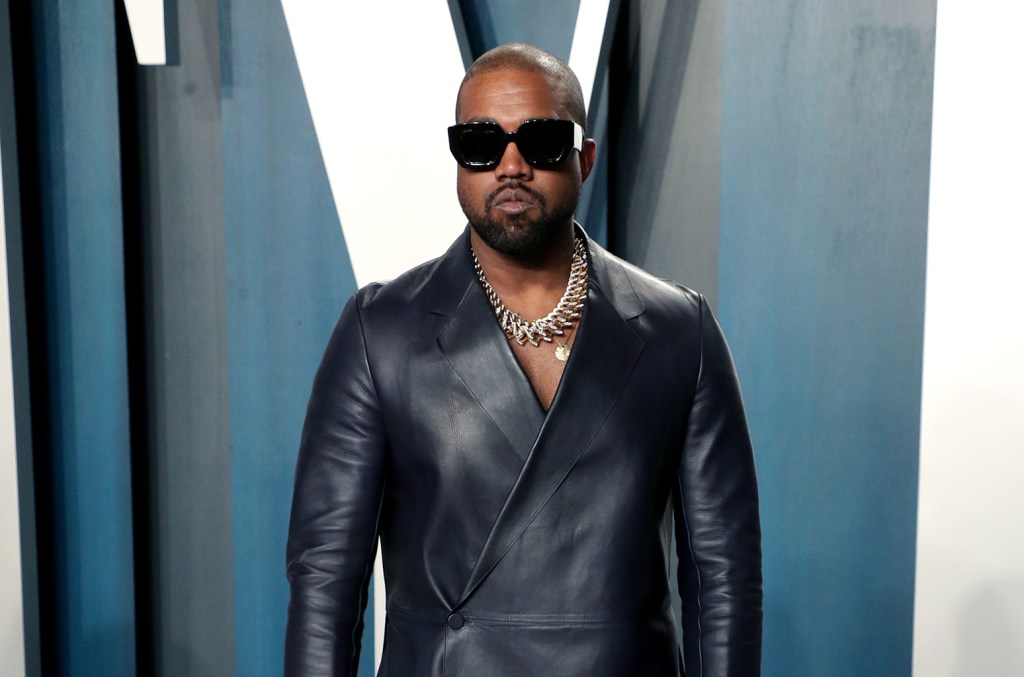Rapper Ye, formerly known as Kanye West, has reached a settlement in a copyright lawsuit alleging he used an unauthorised sample from pioneering hip-hop group Boogie Down Productions in his song "Life of the Party."
Court documents filed on Monday revealed that attorneys for both sides agreed to dismiss Ye from the case, with each party covering their own legal fees. The specifics of the agreement remain undisclosed, and neither side has commented publicly.
This settlement marks the latest in a string of copyright infringement cases against Ye, who has faced over a dozen such lawsuits throughout his career. Since 2019 alone, the controversial artist has been involved in nine separate cases alleging unauthorised sampling or interpolation of copyrighted material, including a high-profile settlement with the estate of Donna Summer earlier this year.
The Boogie Down lawsuit, filed in November 2022, was brought by Phase One Network, the rights holder for Boogie Down Productions' music. They alleged that Ye incorporated key elements from the group's 1986 track "South Bronx" into his 2021 song "Life of the Party," released on his album *Donda*.
Phase One claimed that Ye's representatives had initially attempted to obtain clearance for the sample, but released the song despite failing to secure a licence agreement.
"The communications confirmed that 'South Bronx' had been incorporated into the infringing track even though West had yet to obtain such license," Phase One's lawyers stated. "Despite the fact that final clearance for use of 'South Bronx' in the infringing track was never authorized, the infringing track was nevertheless reproduced, sold, distributed, publicly performed and exploited."
In a unique defence, Ye's legal team argued that Boogie Down Productions founder KRS-One had publicly promised that future rappers could sample the group's catalogue without facing legal action. They cited a 2006 documentary, *The Art of 16 Bars*, in which KRS-One stated, "I give to all MCs my entire catalogue."
However, Phase One dismissed this argument as "bizarre," pointing out that KRS-One did not own the rights to the music at the time the documentary was made. "Movants cite to no law to support such a theory," they stated. "KRS-One also could not have placed the Work in the public domain as he did not own it."
Following Monday's settlement, Ye and his company Yeezy LLC will be removed from the lawsuit. However, the case will continue against several other defendants, including the company behind the Stem Player platform, which allegedly hosted the song.
Article
Entertainment

Ye Settles Boogie Down Productions Sampling Lawsuit

